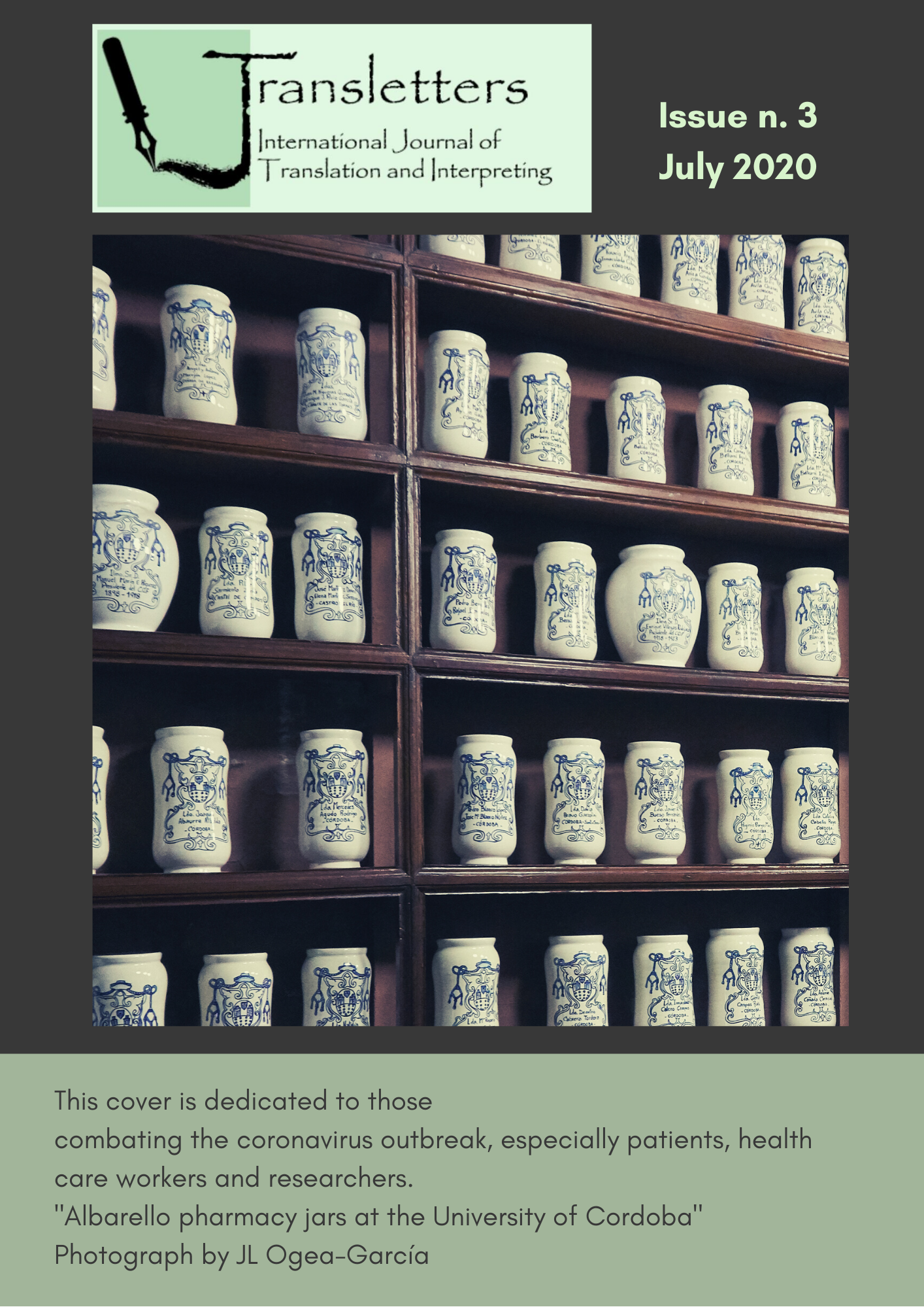Nahdah Translators and the Politics of Modernization in Colonial Egypt: A Paratextual Analysis of Darwinism as a Reform Project
Main Article Content
Abstract
This paper examines the modern Nahdah translation movement in Egypt, the end of the 19th century and turn of the 20th century, a period characterized by conflicting ideologies and reform projects. The paper examines western ideologies, imported via translation, as modernization projects. It presents a case study of Salama Moussa, a radical Nahdah intellectual, by focusing on his agenda for reform in the age of decolonization. The paper critically analyzes paratextual elements of Moussa’s Nazariyyat al-tatawwur wa-asl al-insan (Theory of Evolution and the Origin of Man) published in 1928 as a case of ‘concealed translation’. Situating the text in context reveals the alignment of the translation with norms of the translation policy in a given socio-historical moment.
Downloads
Article Details
Suggested policy for journals that offer open access
Authors who publish with this journal agree to the following terms:
1. Authors retain copyright and grant the journal the right of first publication with the work simultaneously licensed under a Creative Commons Attribution License, which allows others to share the work with an acknowledgement of authorship of the work and initial publication in this journal.
2. Authors may enter into additional contractual arrangements for non-exclusive distribution of the published version of the paper in the journal (e.g., submission to an institutional repository), with an acknowledgement of its initial publication in this journal.
3. Authors are allowed and encouraged to publish their work prior to the final version published in this journal once accepted (e.g., in institutional repositories or on their website), as it can lead to productive exchanges, as well as earlier and higher citation of the published work (see The Open Access Effect).

